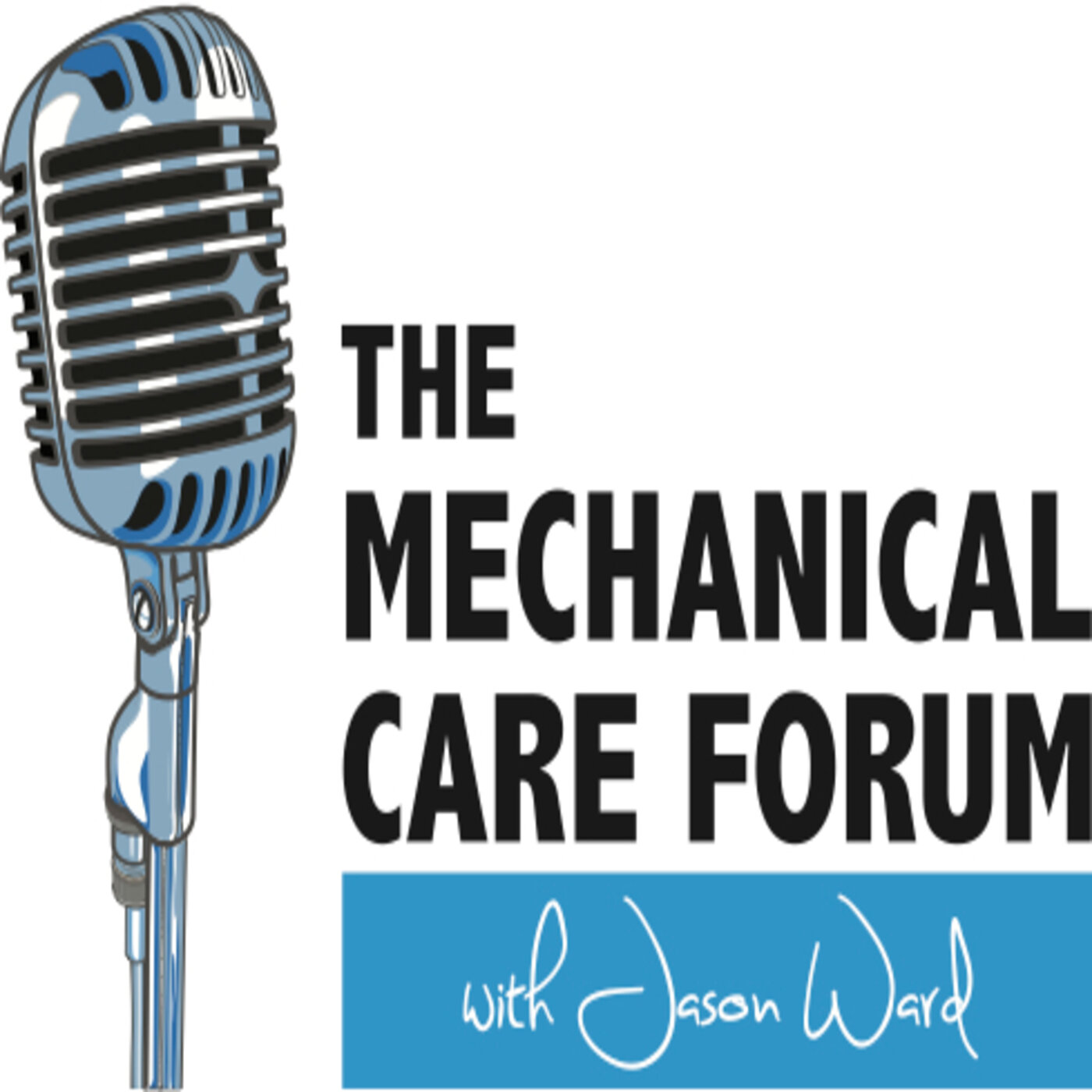Professor Ian Harris is a Professor of Orthopaedic Surgery at the University of New South Wales and a practicing orthopaedic surgeon based in Sydney, Australia. His research interests cover evidence based medicine, particularly the effectiveness for surgery. Additional specifics related to his research interest include surgical outcomes, predictors of patient satisfaction after surgery, psychosocial factors predicting outcome after injury and surgery, randomised trials of orthopaedic interventions, compensation research, and aspects of clinical epidemiology (including quality and safety) related to surgery.
Show Notes
Ian’s Background
Ian is a general orthopedic surgeon from Sydney, Australia. He specializes in trauma surgery, and is involved in and enjoys clinical research. Professor Harris shares his frustration with the lack of perspective and critical appraisal in the beginning stages of his career, and the evolution and transitions that he experienced to become more skeptical of “standard” care.
Surgery, The Ultimate Placebo
Professor Harris shares his motivations for writing his book, “Surgery, The Ultimate Placebo: A Surgeon Cuts through the Evidence.” He looks back on the history of surgery and his views on the placebo effect, as well as some pushback, and some support, that he has encountered for his views.
The History of Placebo Controlled Surgical Studies
Professor Harris discusses the logical fallacy that the outcome of a treatment is directly caused by the treatment, and gives historical examples, such as bloodletting, of the inaccuracy of this thought process. He goes on to talk about some specific examples of surgical interventions that had been widely accepted as beneficial, which when subjected to placebo controlled studies proved to be no more effective than the placebo.
He speaks of surgeries done for pain where the mechanism of pain is unclear, which recently have been subjected to placebo controlled trials and found wanting. He refers to association vs causation related to diagnostic imaging, and how this presents as a major barrier to the best care due to human error.
Patient/Provider Relationship
Professor Harris refers to the “confluence of interest” between patient and physician, i.e., the patient wants you to fix them, and you want to help. This leads to an inappropriate or inaccurate belief among patients that surgery is a “cure-all,” and a willingness for physicians to perform surgeries without being sure of the benefit. He goes on to speak of how this relationship lends itself to the placebo effect, and how a patient’s belief that a surgery will work can improve outcomes, especially in cases where subjective reports of pain are the primary outcome measures.
Musculoskeletal Surgery
Ian speaks of the efficacy of certain orthopedic surgical interventions, as well as the use of these surgeries in cases where the intervention has no specific evidence backing them.
Other Placebos
Professor Harris notes some other placebo interventions:
Epidural corticosteroid injections
Some physical therapy interventions
Ian notes the difficulties blinding these studies
Solutions!
Ian proposes his message, which is to make people aware that surgical intervention and medicine in general are not as “rosy” as we paint them to be. He reports some surveys that have been done to compare the perceived outcome of the surgeon vs the patient, and notes that physicians generally vastly overestimate the patient’s outcome.
He hopes that medicine will transition from an art based on assumption of causation to an endeavor based on the rules of scientific evidence. He calls for a better evaluation of the interventions currently being used, a look at the value of healthcare, and a breakaway from the current idea that surgery is the best intervention.
How Money Influences Surgery
Ian talks about the correlation between the amount of money paid for a surgery and the likelihood that that intervention will be performed. He stresses his belief that surgeons are not making decisions based on financial gain, but posits that the bigger issue is that they believe that their interventions are effective (when in fact they may not be).
“There is always a tendency to believe in what you do.” When we subject our beliefs to placebo controlled trials, it is often found that our treatments are no more effective than placebo.
Current and Future Projects
Professor Harris shares his current and future projects and research.
Common ankle fractures (fixation vs non-operative)
Surgery group did worse
This has been shown recently in many surgical vs non-surgical fracture studies
Wrist fractures
Spine fusion vs non-operative
Spine decompression vs sham
Ian’s Works
Surgery, The Ultimate Placebo: A Surgeon Cuts through the Evidence
Blog: Dr. Skeptic
Tweet Professor Ian Harris: @doctordoubter
We hope to deliver this content to the committed professional who wants to improve his/her care and we hope to do it in a way that is easily accessible, the world over, in today's technological age.
To contribute:
Give a 5-star review on iTunes;
Share EP #113 with a friend; and/or
Connect with us on the Spotify MCF Podcast and MCF Instagram page!
Thanks for your support!


